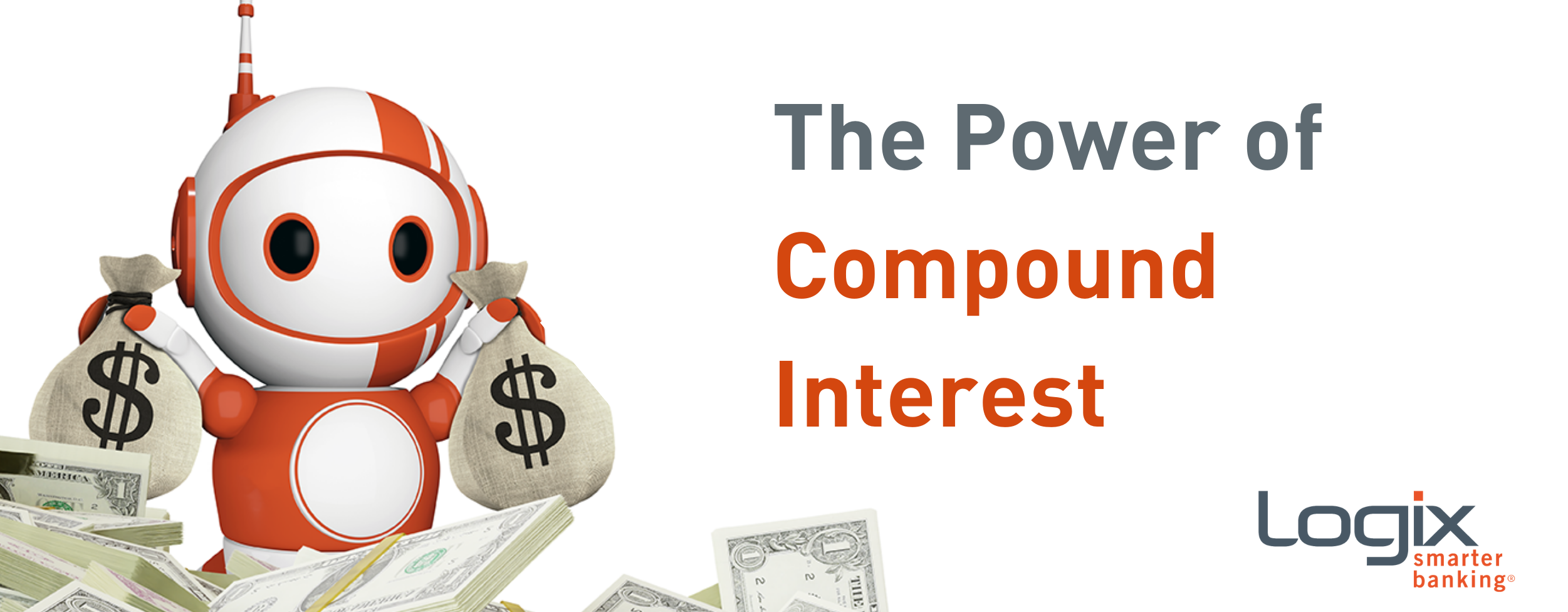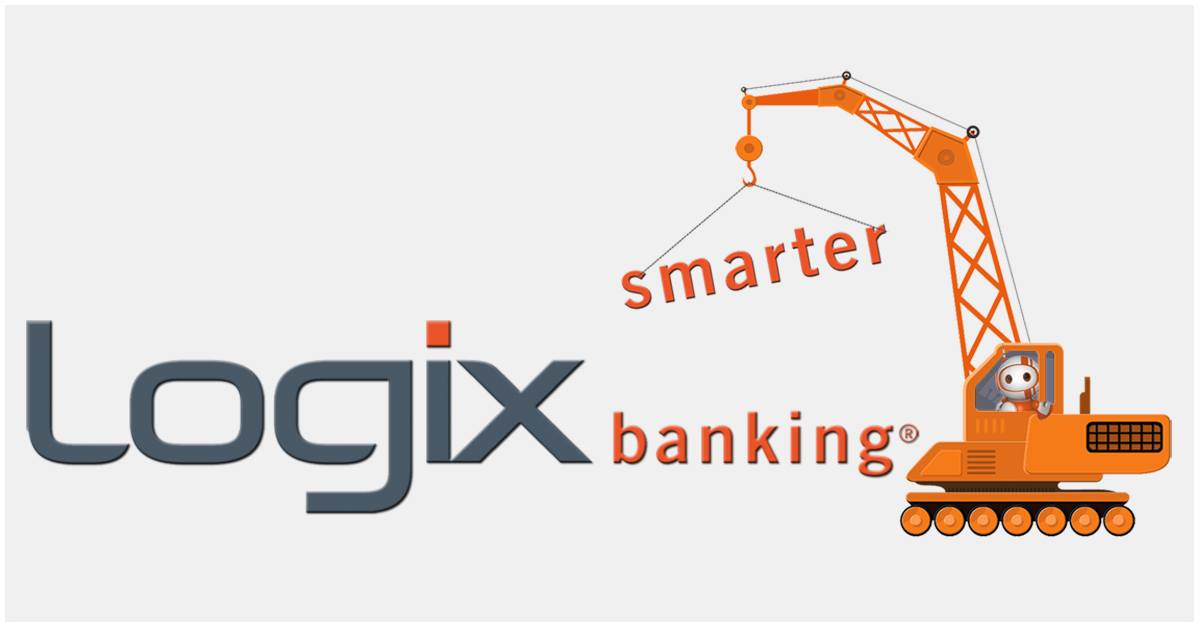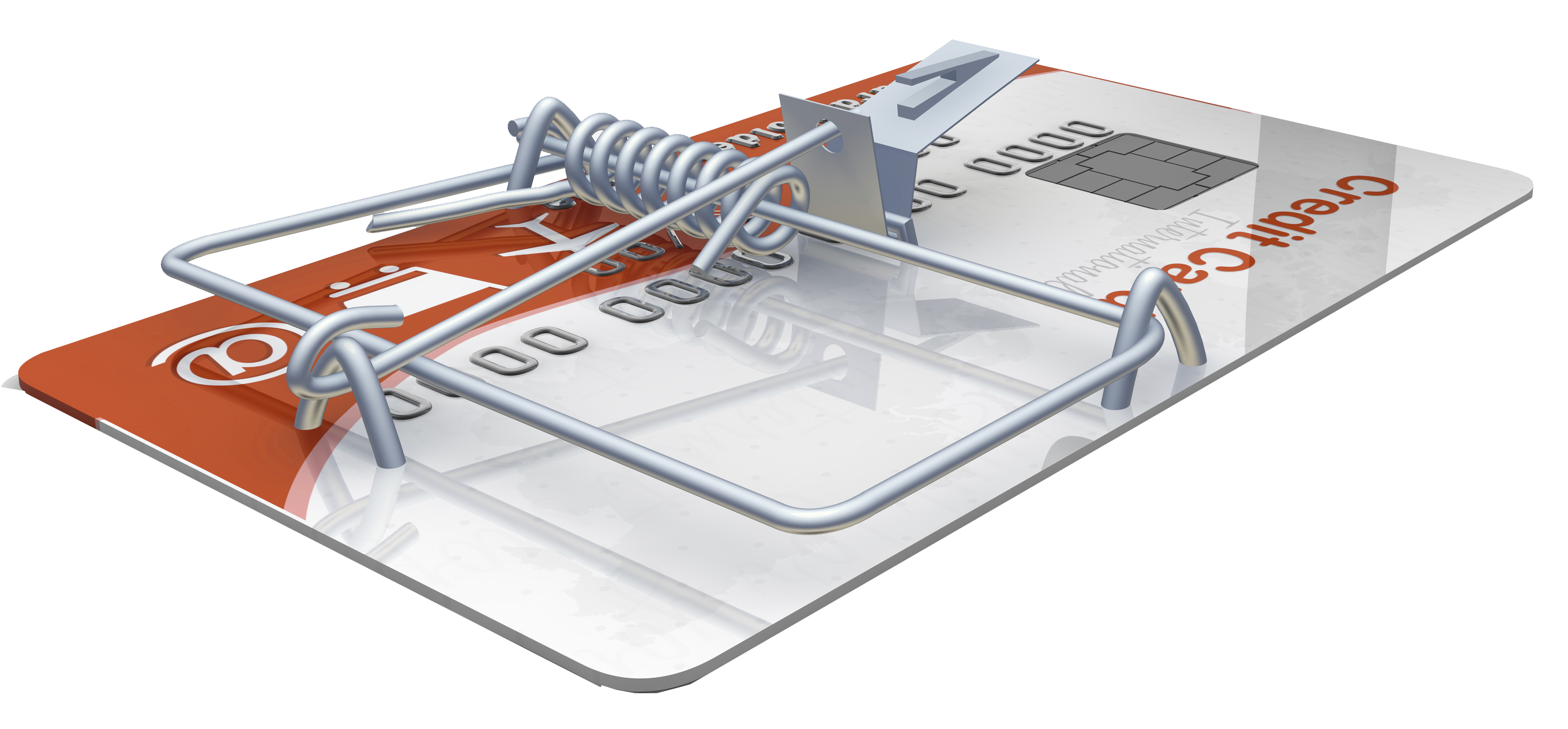If you're interested in securing your financial future, you've probably encountered the term "NCUA Insurance Limit." This limit is a crucial aspect of safeguarding your hard-earned money, especially if you're a member of a federally insured credit union like Logix. In this blog post, we'll break down the NCUA Insurance Limit and provide you with the necessary information to make informed financial decisions.
Understanding The NCUA Insurance Limit: What You Need to Know
Keep Calm and Credit Union: Born to Thrive Amid Market Uncertainty
Many members came to #creditunions chasing a great rate, not realizing that they are taking part in something larger and more important – especially during times of economic uncertainty. So, while every company that has your email address wrote you last week about the safety of your account, I’d like to tell you why the one from your credit union might be worth a second look.
After all, you own the place.
A Simple Demonstration of the Power of Compound Interest
Albert Einstein famously said that compound interest is the 8th wonder of the world, but its power is difficult to grasp. So, to give a simple visual demonstration, I'll double the amount of "c"s each time one is used in just three short sentences below. Imagine that each "c" is one cent deposited in a compounding savings account:
What is "Smarter Banking" Anyway?
We should clarify a bit of confusion about our tagline, "smarter banking." We aren’t a bank. We never have been a bank, and we never will be a bank. You see “smarter banking” in our tagline, because, quite simply, that’s what we offer.
Don't EVER put these four things on a credit card.
Contrary to popular belief, using a credit card to make purchases instead of cash can be a very healthy practice - especially if you don't carry a balance and you use a rewards credit card like our Platinum Rewards MasterCard. But there are four things nobody should ever put on a credit card:
Electromagnets: Electromagnets can damage the magnetic strip on your credit card, rendering them useless except in cases where the number is manually entered. (Such as an Amazon purchase.)
Other people's names: In the signature strip on the back of your card, never put another person's name or doodles of any sort. This space should be reserved for your own signature and other markings are not advisable.
White hot molten metal: As with the electromagnet, white hot molten metal (such as the kind one finds in steel mills or the volcanic planet Mustafar from Star Wars III) should not be put on a credit card except in dire circumstances, and NEVER while in your pocket. (Am I right, Brian?) The card will likely melt causing damage to the card or extreme pain if it touches the skin.






%20(1200%20x%20628%20px)%20(952%20x%20317%20px)-1.png)
%20(2)-1.png)
.png)




%20(952%20x%20317%20px)-2.png)

